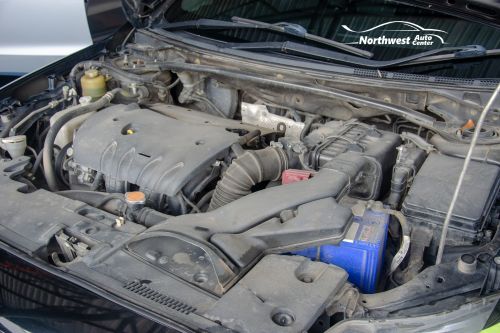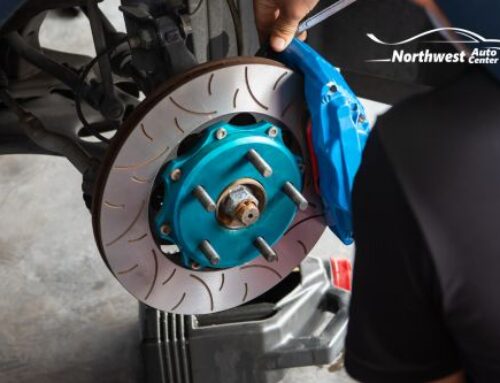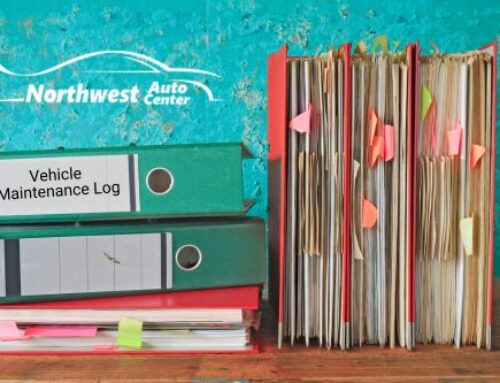
Modern car engines are marvels of engineering — and now a part of everyday life for most Texans. We depend on them to get us to work, school, and activities. We need that reliability in our lives to stay on schedule.
So, it can be an immense pain when your vehicle stops working or starts to show signs that something is wrong. Carbon buildup is one issue affecting many engines, especially direct injection systems. Carbon in car engines reduces performance, increases fuel consumption, and adds to the stress of everyday life.
What is Carbon Buildup?
Carbon buildup occurs when fuel and oil vapors accumulate inside the engine’s intake valves, combustion chambers, and exhaust ports. Over time, these deposits harden and restrict airflow, interfering with combustion efficiency. In severe cases, carbon in the engine can lead to misfires, engine knocking, and poor acceleration.
Direct injection engines are particularly prone to this problem because fuel is sprayed directly into the combustion chamber, bypassing the intake valves. Unlike older port injection systems, there’s no fuel spray to clean the valves, making them more susceptible to carbon buildup.
Signs of Carbon in Your Engine
If your engine is suffering from carbon buildup, you might notice the following symptoms:
- Decreased Fuel Efficiency: A clogged engine struggles to burn fuel efficiently, leading to higher consumption.
- Loss of Power: Restricted airflow reduces engine performance and responsiveness.
- Rough Idling: You might feel vibrations or hear unusual noises when the engine is idle.
- Check Engine Light: Carbon buildup can trigger this warning due to misfires or sensor readings.
- Hard Starts: Deposits can interfere with ignition, making your car harder to start.
If you notice these symptoms, addressing the issue promptly can save you from more extensive damage.
How to Prevent Carbon Buildup
Prevention is always better than a cure. Here are some effective ways to reduce the risk of carbon buildup in your vehicle’s engine.
Regular Oil Changes
This is our biggest tip — if you only listen to one, let it be this one. Regular oil changes ensure clean lubrication, which reduces the chances of oil vaporizing and forming carbon deposits.
Periodic Fuel System Cleaners
Adding fuel system cleaners to your tank can dissolve minor deposits before they become a problem. Look for products specifically designed for direct injection engines.
Drive at Higher RPMs Occasionally
Short trips and low-speed driving can contribute to carbon buildup by not allowing the engine to reach optimal operating temperatures. Occasionally, driving at highway speeds and higher RPMs can help “burn off” some of these deposits.
Use High-Quality Fuel
Premium fuels often contain additives designed to clean the engine as you drive. These detergents can help minimize deposit formation, particularly in direct injection engines. It’s important to note that this only works if you consistently use premium fuels.
How to Fix Carbon Buildup
If carbon buildup has already affected your engine, there are several ways to remove it. The method you choose depends on the severity of the buildup and your mechanical expertise.
Professional Walnut Blasting
One of the most effective methods for removing carbon buildup is walnut blasting. Sound weird? It may be surprising to learn that mechanics use crushed walnut shells to clean intake valves. The walnut is abrasive enough to remove carbon buildup but not abrasive enough to damage engine components.
Chemical Cleaning Services
Many automotive service centers offer chemical cleaning solutions that dissolve carbon deposits. These treatments are less invasive than walnut blasting and can be effective for mild to moderate buildup.
Hydrogen Carbon Cleaning
A more recent solution, hydrogen carbon cleaning, uses hydrogen gas to break down and remove carbon deposits. It’s a non-invasive and environmentally friendly method gaining popularity among professionals.
Manual Cleaning
For severe cases, mechanics may have to manually disassemble engine parts to clean carbon deposits. This method is time-consuming and expensive but can restore engine performance.
Northwest Auto Center of Houston is happy to help! Give us a call today at (281) 894-8880.
DIY Cleaning Sprays
You can use DIY intake and combustion chamber cleaners for minor cases of carbon buildup. These sprays are applied through the intake system and can dissolve lighter deposits. Always follow the manufacturer’s instructions to avoid damage.
Long-Term Benefits of Addressing Carbon Buildup
Regularly addressing carbon in the engine improves your car’s performance and extends its lifespan. A clean engine delivers better fuel efficiency, reduces harmful emissions, and minimizes the likelihood of expensive repairs down the road.
Taking preventive measures and promptly fixing carbon buildup ensures your engine runs smoothly for years. Whether you choose professional cleaning or invest in high-quality fuel and maintenance products, keeping your engine clean will pay off in performance and reliability.






Leave A Comment
You must be logged in to post a comment.